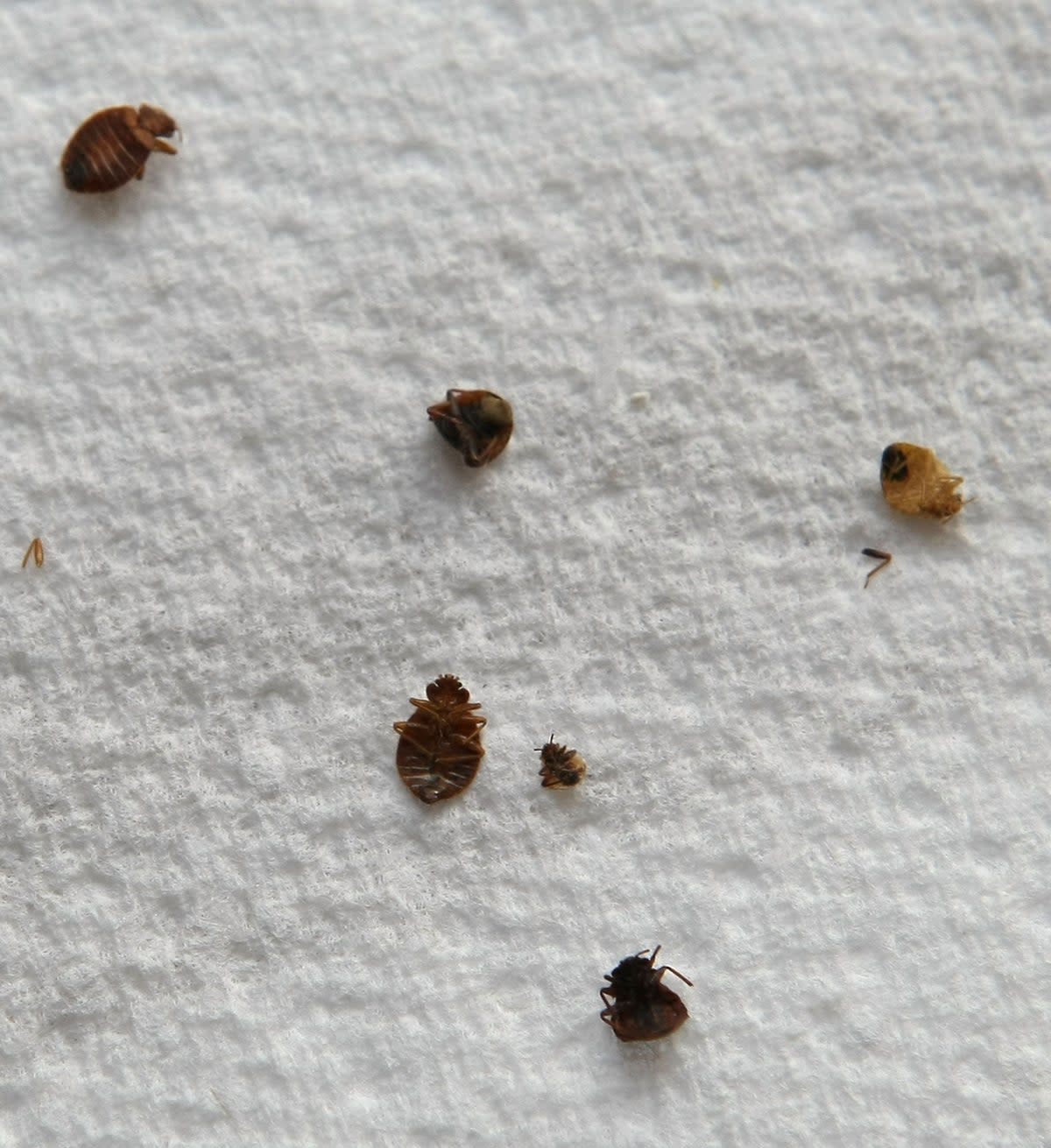South Korean authorities struggle to contain growing bedbug infestations

South Korea’s government is struggling to tackle a rising number of bedbug infestations as complaints have poured in from different parts of the country.
The first reports of instances of bedbugs came in September when students at Keimyung University in Daegu, around 240km away from capital Seoul, were bitten by parasitic insects in their dormitory.
Media reports emerged last month that larvae from the insects were found under the floor mats at a public sauna in Seoul’s neighbouring city Incheon, around 27km away, according to The Korea Times.
The country has since witnessed a jump in bedbug sightings, with 17 cases reported in Seoul alone.
Though there is no indication that the infestations are linked, bedbugs have become a significant concern in major cities including London and Paris that saw upticks in cases earlier this year.
Seoul has allocated a budget of 500 million won (£310,000) to tackle its infestation, reported the Yonhap news agency.
The city has also set up a “bedbug report centre”, where locals can quickly file a complaint through a special call service number. Once a complaint is filed, the ward office dispatches a team to ensure compliance of regulations and takes necessary measures to prevent the spread of insects.
And Seoul’s authorities have started inspecting over 3,000 public baths, saunas and hotels to deal with potential infestations.
Bedbugs are mutants and have been around since the age of the dinosaurs. Scientists have found the bedbug possesses genes from other organisms, making the creatures even harder to kill.
While bedbugs are not known to transmit infectious diseases, they feed on blood, causing skin rashes and itchiness, and can survive up to 100 days. The parasites also have a high reproductive rate, making it challenging for authorities to exterminate them.
At least 400 types of bacteria can be found in and on bedbugs. They appear to help keep them alive by fending off viruses, pesticides and other harmful substances.
The Korea Disease Control Agency on Monday announced it was mulling introducing new insecticides against the bedbugs due to the tolerance they have already developed against the existing ones.
“Other countries have already been using new insecticides due to the bedbugs’ tolerance,” a KDCA official was quoted as saying by The Korea Times. “We are in talks with the Ministry of Environment to introduce a new one.”
The fear of bedbugs has prompted some residents to stay away from movie theatres and avoid sitting on public transport.
Kim Sang-hee, who commutes on subway Line 1 in Seoul, told the outlet that she would rather stand on her way home from the office.
“Trains on Line No 1 are mostly old, and many of them have seats made of fabric that could become a good home for bedbugs,” she told the outlet. “I am worried that I could be bitten by bedbugs before I know it.”


